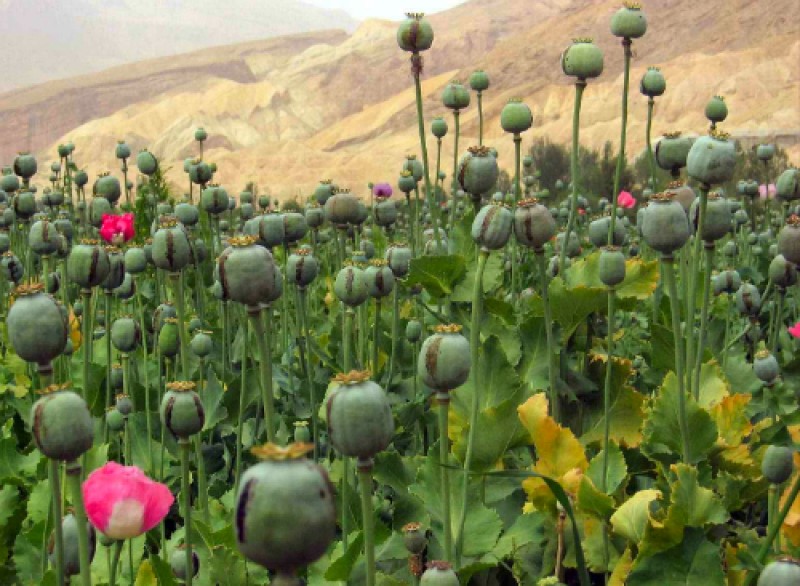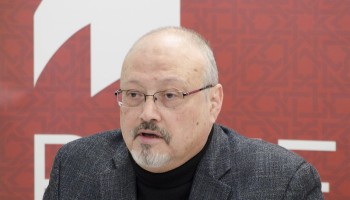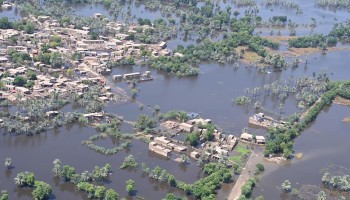The US Department of State’s 2016 International Narcotics Control Strategy Report (INCSR) was submitted to Congress Wednesday, marking its 30th anniversary, according to a news release.
The two-volume report describes the efforts of key countries to attack the drug trade in 2015. The first volume covers drug and precursor chemical control activities, while the second volume addresses money laundering and financial crime.
The INCSR analyzed more than 80 countries and identified 22 as major illicit drug producing and drug transit sites, mostly located in South Asia, the Caribbean, Central and South America.
Bolivia’s failure to cooperate in counternarcotics efforts led to the closure of the International Narcotics and Law Enforcement Affairs section at U.S. Embassy La Paz in 2013, the report said. Bolivia has refused to implement many United Nations (UN)-mandated controls over coca.
In 2011, the country also withdrew from the 1961 UN Single Convention on Narcotic Drugs. It rejoined the convention again in 2013 with with the stipulation that leaf coca would remain legal, as it is traditionally chewed by indigenous Bolivians. However, the country has had trouble policing illegally grown coca plants or distinguishing legal from illegal crops.
Burma remains the second-largest cultivator of illegal opium poppy in the world, after Afghanistan, according to the report, with 57,600 hectares under cultivation in 2014, a 0.3 percent increase reported over 2013. Burma claims that local authorities destroyed 15,188 hectares of opium poppies in 2014 compared to 12,288 hectares in 2013 and 23,584 hectares in 2012. But US and UN reports say eradication often occurs after the poppies have been harvested.
Burmese drug police remain poorly trained and law enforcement focuses on low-level traffickers with no real effort to investigate higher-level trafficking and money laundering syndicates, the report noted.
Venezuela’s weak border control with Columbia, combined with poor judicial systems, rampant corruption and erratic cooperation with international police make it a preferred route for exporting drugs from South America, said the report.
Venezuela also failed to provide evidence or data to verify destruction of drugs. “Credible reporting indicates that individual members of the [Venezuelan] government and security forces, however, engaged in or facilitated drug trafficking activities,” the report said.
The UN General Assembly will convene the international drug control community next month for a special session on drugs, the first in almost 20 years.





